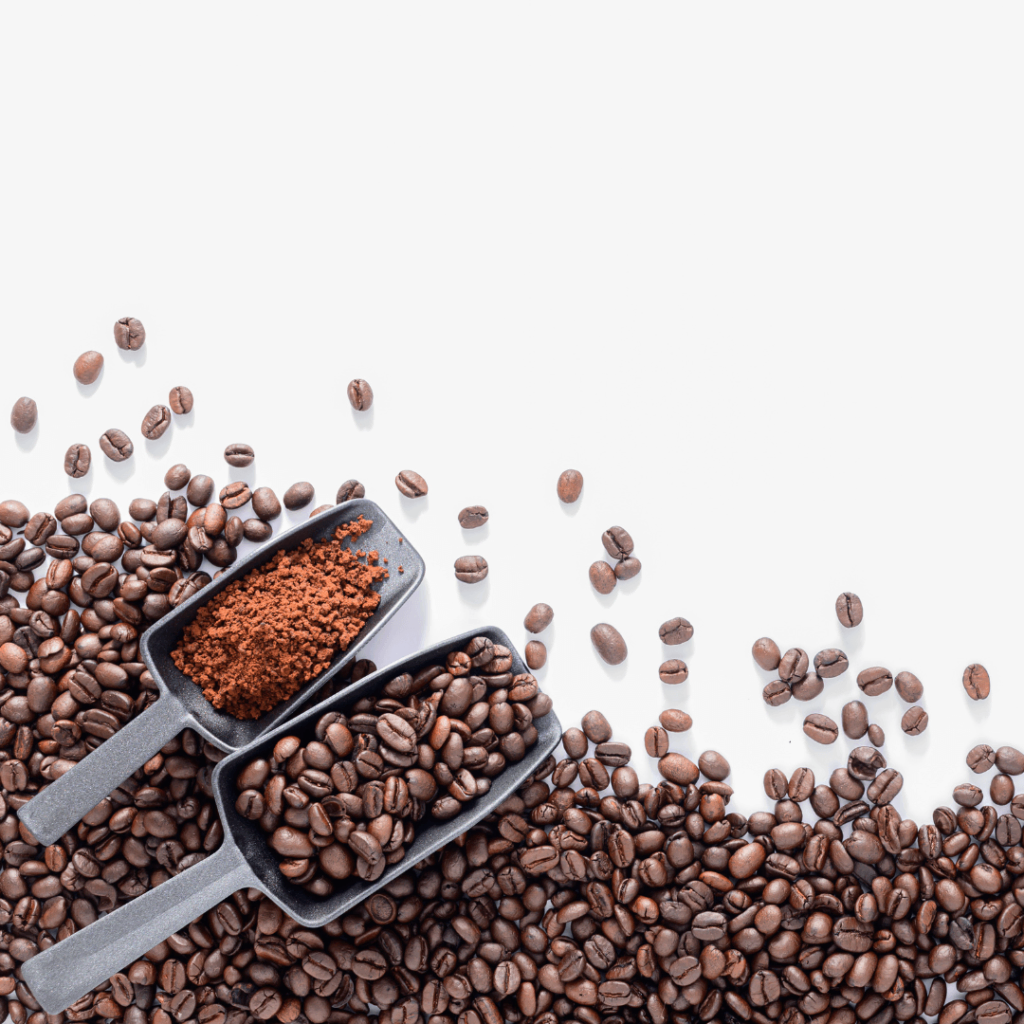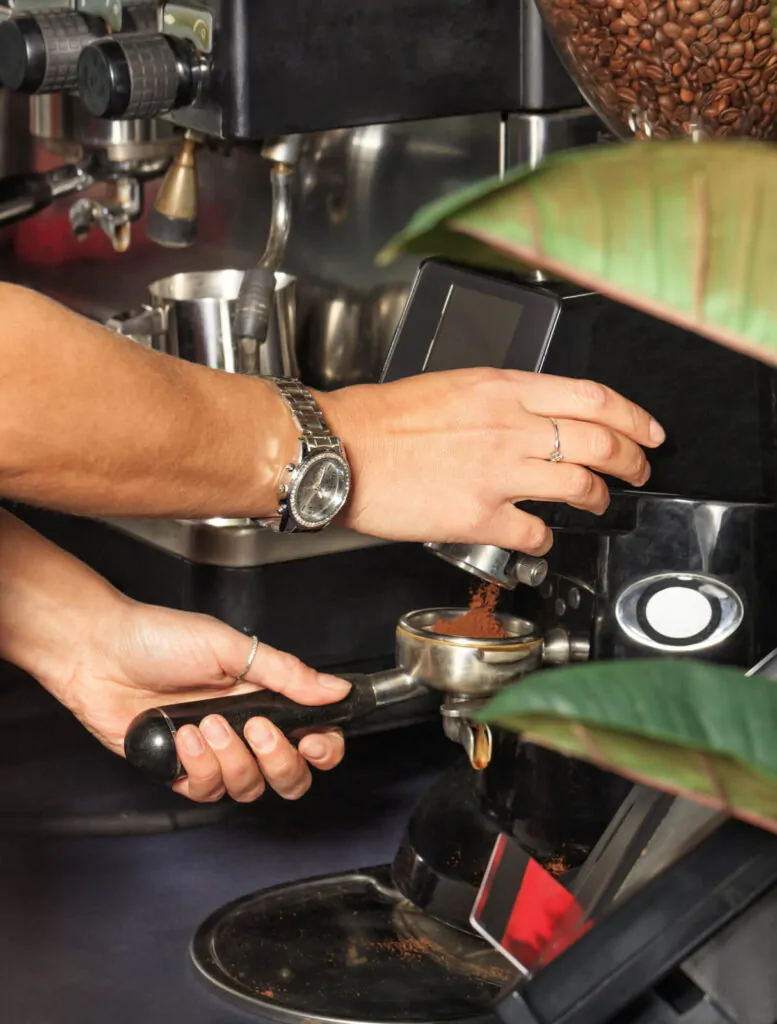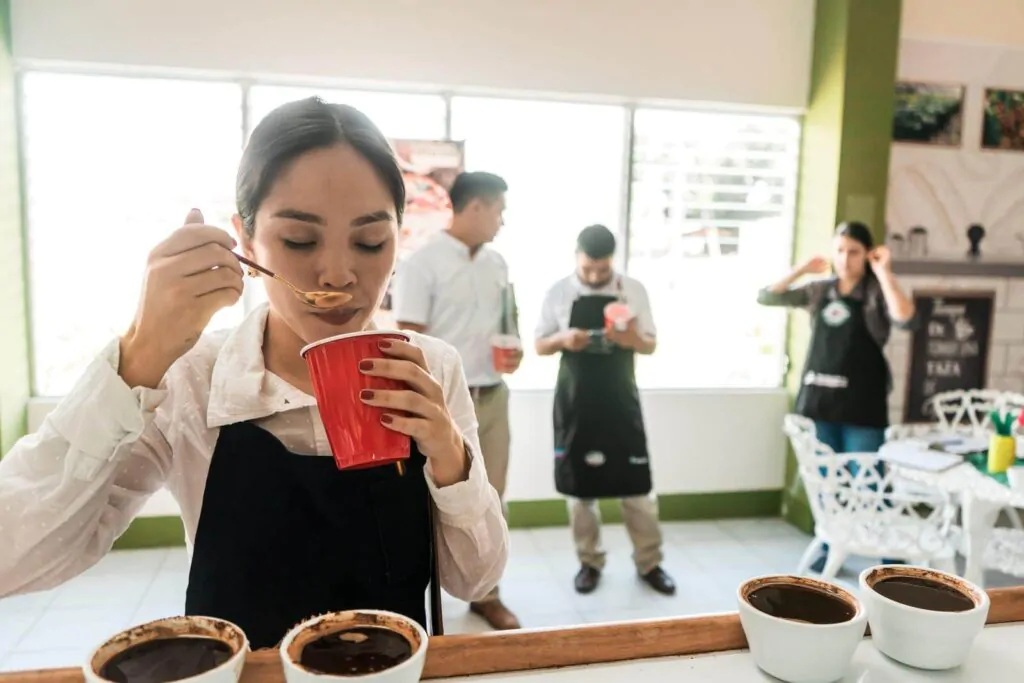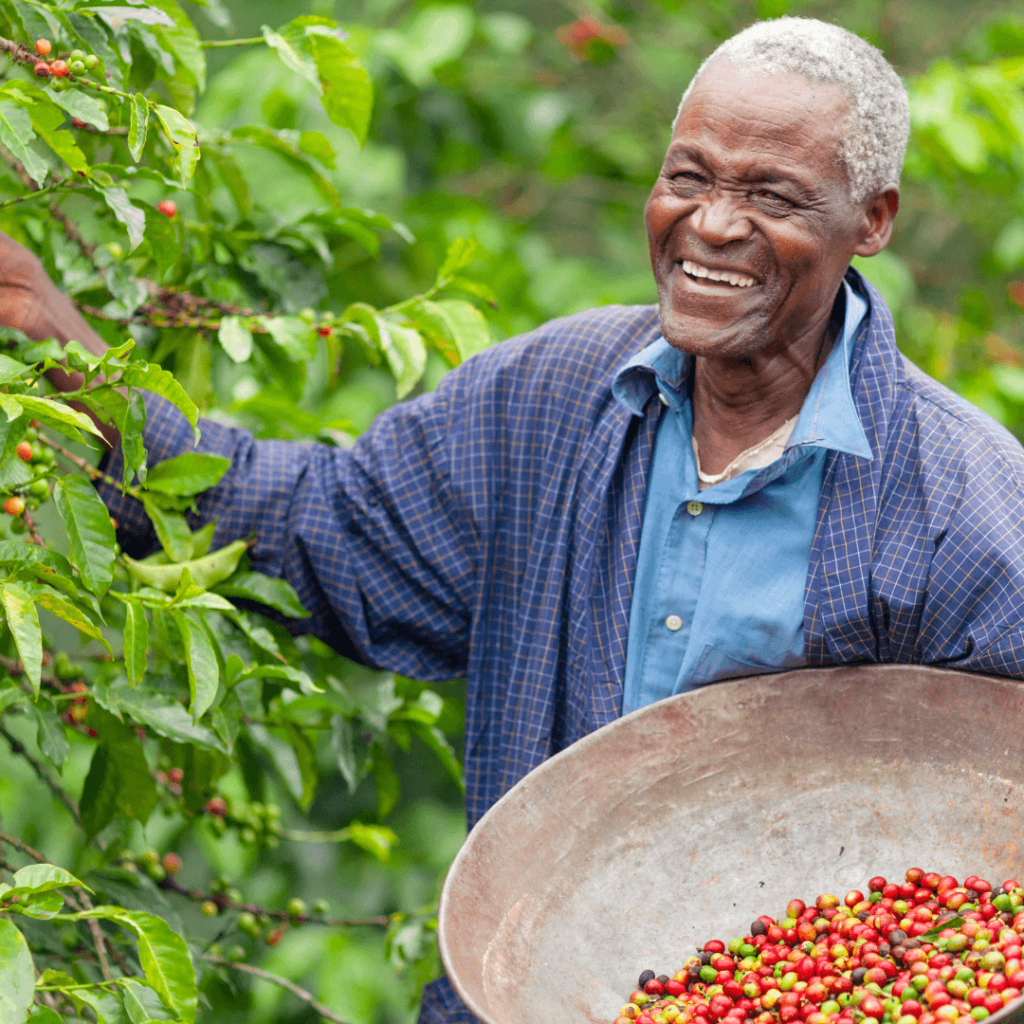If you have not yet tried specialty coffee, then you might be missing out on a quality brew! Here are some reasons why specialty coffee is worth buying.

As a casual coffee drinker, you might have heard of what’s known as “specialty coffee” — or maybe, you might have already tasted it.
You might not know why this kind of coffee is so special. So, we’ll guide you thought why this coffee isn’t going anywhere anytime soon.
- 1. The Timing Is Considered
- 2. It Has Exceptional Quality
- 3. It Roasts Differently Than Commercial Coffee
- 4. It Has Different Brewing Processes
- 5. It Has Complex Flavor Profiles
- 6. It Does Not Need Cream Or Sugar
- 7. It Has Different Sources
- 8. It Promotes Sustainable Production
- 9. It Supports Ethical Business Practices
- 10. It May Be Safer
- 11. It Is Globally Conscious
- 12. It Sells Differently Than Regular Coffee
1. The Timing Is Considered
Many people do not realize that you are supposed to let your coffee rest for a few weeks after roasting. The reason is that the coffee beans contain gasses that need to be released. These gasses may affect the coffee’s flavor when ground and brewed immediately, usually leading to a bitter taste.
Most roasters would often say that their coffee beans reach their highest quality around two to four weeks after roasting. That is why local roasters will schedule the delivery of your coffee when the coffee bean is at its highest quality so that you can enjoy great-tasting specialty coffee at home.
Since specialty coffee shops now offer monthly subscriptions, your coffee will be at its peak when it gets delivered to you — bringing you a complex flavor profile and an overall better coffee-drinking experience.
2. It Has Exceptional Quality
You will immediately notice a difference between specialty coffee and ordinary coffee. Specialty coffee flavors tend to be distinctive. Meanwhile, commercial coffee tastes like a pretty average cup of Joe.
Commercial coffee will not have the same acidity levels. The differing levels of mild to bright acidity, make it a tasteful choice. Once you try specialty coffee, there’s no going back.

3. It Roasts Differently Than Commercial Coffee
Roasters of the specialty coffee are cautious when roasting coffee. That is because it’s uncommon for traditional coffee roasters to burn their coffee beans creating the smoky, carbon-like flavor you might have already come across. This covers coffee’s true taste.
Many commodity coffee roasters intentionally dark roast their beans to hide the nasty flavor. However, with specialty coffee, things are different. Specialty roasters are committed to bringing out the best flavors in coffee — like floral, fruity, chocolate, and many more.
By roasting the coffee carefully, specialty coffee roasters can bring forth the unique flavor profiles found in regional beans. These flavors are experienced instead of just being burnt away.
4. It Has Different Brewing Processes
Besides the quality, you will also find these coffees are usually not brewed the same.
While the likes of pour-over, espresso machines, and French presses came before the speciality coffee movement, you can brew it without these devices. Instead, gooseneck kettles are a great tool for precision. There is more room for experimenting with your brew to find the perfect technique.
There’s no point getting specialty coffee and brewing it any old way; it requires extra care and attention to be worthwhile.
5. It Has Complex Flavor Profiles
Regular store-bought coffees are often bitter, light, too acidic, or over-roasted — all of which do not compare to the intense, flavorful experience you will get when drinking specialty coffee.
You can discover different flavors, and aromas that each specific coffee-producing region has to offer by tracing the origin of your specialty coffee. From earthy, nutty, flowery, chocolatey, sweet, fruity, acidic, and more — specialty coffee offers complex blends of different flavors, producing a range of sensory experiences.
With different brewing methods, you can achieve different textures and flavors. When brewing specialty coffee, you need to offer the best care you can give to ensure that every bean satisfies the quality of specialty coffee.
6. It Does Not Need Cream Or Sugar
As the natural flavors of the coffee can shine, there’s no need to add sugar or cream to enhance the taste. This feature makes specialty coffee an excellent choice for those watching their sugar or caloric intake. Diabetic people won’t worry about being forced to stuck with bitter coffee either.
You may also be interested in reading our guide on coffee creamer vs. milk and sugar.
7. It Has Different Sources
Speciality coffee roasters participate in what’s known as Direct Trade Sourcing, meaning they have deals in place with farmers secure wages and establish long-term business relationships.
The roasters can also select the best quality coffee beans directly from the farms rather than reading about the beans in a catalog. This method of gathering coffee beans benefits both the roasters and the farmers.

You can see why a coffee farmer would be delighted if a roaster bought 40% of their coffee crops at a premium price. Then, they can then give the remainder to an exporter who sells them for more profit. That is how the mutual relationship between roasters and farmers works.
The coffee crop quality improves, increasing the price. The farmers earn more profit, and the roasters improve their craft too. As a coffee drinker, you also benefit from the relationship between the two, as the roasters will produce higher quality coffee. This will give you more room to have mind-blowing experiences drinking specialty coffee.
You may also be interested in reading our guide on where do coffee beans come from — from plants to home.
8. It Promotes Sustainable Production
Specialty coffee also supports the community by promoting sustainable practices for the whole process, so you can have peace of mind knowing that it truly creates an experience like no other.
Specialty coffees are usually manufactured in small quantities. So, unlike many commercial coffee products, they do not come from large, polluting factories. Additionally, the packaging is often sustainable, too by being sourced from eco-friendly materials.
As for coffee lovers who like to keep things organic or natural, you’re in luck. Producers of the type of coffee observe transparency about how the coffee is planted or harvested, which makes your decision easier.
However, while most specialty coffee farmers follow an organic agricultural method, some are unfortunately still uncertified. But with continued support, they can work their way up.
You may also be interested in reading our guide on how is coffee grown.
9. It Supports Ethical Business Practices
Their origin determines the quality of specialty coffees. Most of the time, specialty coffee is exclusively single-origin or single-estate coffee.
Aside from the full-bodied mouth-feel and extensive flavor profile that you can get from specialty coffees, the farms where the coffee beans are grown are also hand-picked to ensure the highest quality. Relationships are built with producers and suppliers that meet the transparency, quality, and sustainability standards.
10. It May Be Safer
As mentioned above, specialty coffees are prepared cautiously in smaller batches and even hand-picked by the producers to ensure the coffee is high quality and safe. It’s possible to fungus to grow on coffee beans when they are not stored correctly, but speciality coffee is handled with care.
Specialty coffee is produced in small batches; more attention to detail can be carried out.
11. It Is Globally Conscious
The specialty coffee industry’s ethical compass is far more tuned in than the broader mass-produced coffee industry.
Coffee’s history is not pleasant. Most coffee-producing countries have not given their workers fair wages until the last few decades. Manipulated poverty, slavery, and violent occupation are ways oppressive powers have taken advantage of struggling farming communities.
Poverty among coffee producers and farmers continues to exist as coffee prices fail to rise with the cost of living. Younger farmers are forced to leave their farms for more lucrative work elsewhere. Those who don’t or cannot leave are often the ones who lack education or savings.
Check out our round-up of the best coffee subscription services.

Environmental factors also play into the world’s coffee production like never before. The rising temperatures are causing farmers to plant their coffee crops further up the mountains. However, there are minimal spaces available.
The current state of the coffee world is alarming. Still, there’s never been such a full-bodied attempt and support to aid underprivileged farmers by offering higher prices for specialty coffee and developing programs to improve the surrounding coffee communities.
You may have never expected your favorite morning beverage to have such a dark history. But, now that we know, we should do our best to help out this wonderful community in any way we can.
12. It Sells Differently Than Regular Coffee
Specialty roasters usually aim to be as transparent as possible regarding marketing and sales.
They openly tell you where they get the coffee beans from. Not only that, but they also make sure to let you know the names of the farmers. Specialty coffee is exceptional because it values sustainability, quality, cooperation, and, most of all, the people who worked hard behind the scenes.
In the specialty coffee world, everyone is appreciated. It encourages compassion and effort — making the world a better place, another reason why specialty coffee is influencing the world for the better. You may also be interested in reading our guide on the best gourmet coffee brands.
